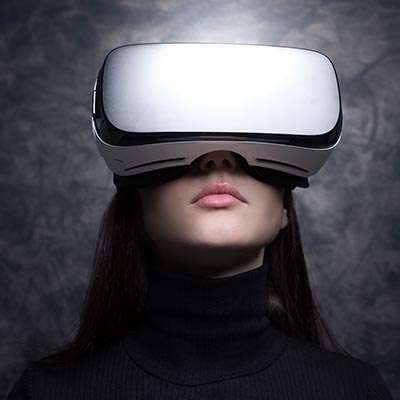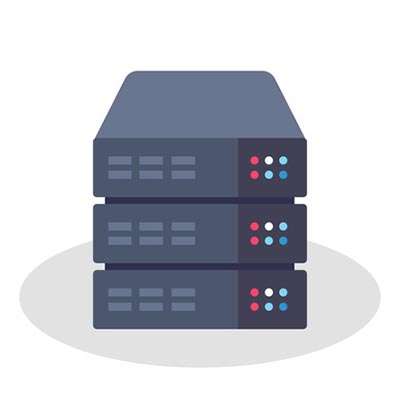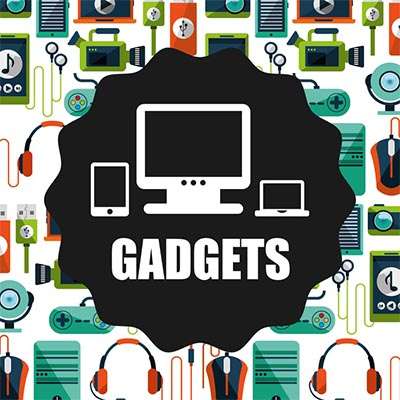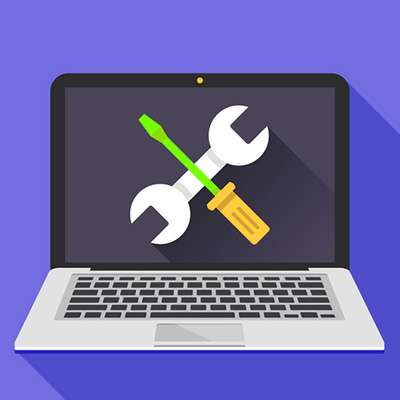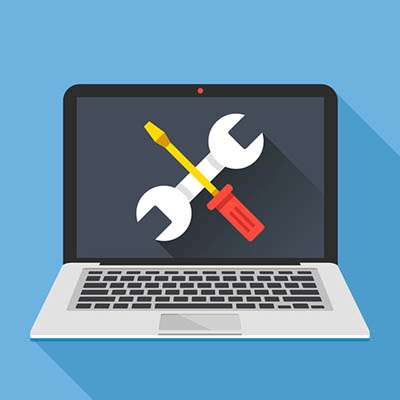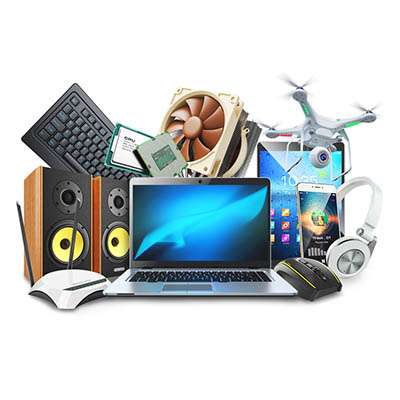Whether we like it or not, technology changes quickly. That change is usually beneficial; you can accomplish more, gain more visibility, stretch your resources further, and do things you wouldn’t have thought possible or affordable a few years ago. On the other hand, sometimes technology changes arrive with the frustration of having to learn something new, develop new processes, and deal with a mountain of other annoyances. Listed below are some tips on how to prepare you and your business for the inevitable changes that your IT will be facing over the next few years.
Macro Systems Blog
Technology has altered the culture of some office environments, for better or worse. While we tend to err on the side of implementing IT as being worth the risk, it’s always best to go into implementing a new technology solution with the thought of not just how it will affect operations, but how it might influence your company's culture. Below we go into detail about ways that implementing a new IT solution might affect the way your staff interact with each other, as well as what you should look out for when implementing such solutions.
For most of the last half decade we’ve been told that the Internet of Things (IoT) was going to be the most vital innovation since broadband Internet. This growth, while mostly occurring under the proverbial radar, is happening. There are around seven billion “smart” devices in 2019 with expectations that it will be three times that by 2025. With that many Internet-connected devices, there are destined to be some that come with vulnerabilities, whether it comes from being designed poorly or not frequently updated with modern threat definitions. Let's take a look to see if the Internet of Things should be considered a threat to your organization.
It's easy to see why Blockchain is one of the most popular emerging technologies. While the technology behind blockchain was once viewed as having no feasible application in the workplace, it is now taking a seat front and center as a security instrument for a today's business environment. What’s new in the world of blockchain? We'll take a look below.
Technology is taking on a new responsibility for today's business. With more value placed on data, and contemporary innovations offering viable options for business use, technology is now front and center for many companies. Below let's review four of the most emerging technologies and how organizations are beginning to utilize them.
Virtual assistants offer a lot of promise as a productivity tool, so it's not surprising that they would begin to appear in the workplace. Alas, these devices have also gained a reputation as a security risk. Whether or not you’ve considered bringing virtual assistants into your organization, you need to prepare for their presence there.
Innovation in the workplace has transformed the way that operations have been accomplished over the years. In this modern era, office technology innovation might seem like it’s hitting a lull compared to previous jumps, but there are still many ways that it’s enhancing the quality and productivity of the workday. With the right tools, your organization can upgrade its access to data and improve its productivity in ways previously unseen.
The healthcare industry has been attempting to transition to digital for over a decade. While many practices have been able to successfully implement electronic health record (EHR) technologies, a full digital transformation has eluded many others. Today, providers are searching for ways to get measurable results with these newer technology implementations. Below is a look at the healthcare industry’s IT as it stands in early 2019.
Our modern society is infamously connected, especially in the business sense; this fact can make not receiving a reply back from an email jarring. While we all need a break every now and then, we also need to reply to our contacts efficiently, which is where the ‘out of office’ message in Gmail comes into play.
Servers are arguably of the most vital resources your business has, and they should last for many years. However, after a few years, they may begin to struggle to handle the workloads they once did; if they fail, they'll leave a whole business in a lurch. Knowing the signs of a failing server can significantly improve your chances of avoiding such a situation. Let's go over the three signs that your server needs to be replaced.
One of the most vital aspects of smartphones is how portable they are; business professionals can be productive no matter where they are. Alas, this also means that they have more of an opportunity to lose their devices, along with the data they contain. If the device is Android-based, then you can alleviate this trouble thanks to built-in features that can help you locate it.
With the holiday season here, finding solid gifts for the technology lover in your life may actually be more difficult than you’d think. People will often get paralysis from trying to find the right gift and end up going the gift card route because there are just so many options. Macro Systems has five great gift ideas for the technology fan in your life.
It's likely that you’ve had to deal with the following scenario: You're efficiently working when you try to open an application only to be rebuked by an error message on the screen that tells you that there is some type of critical error. You close that out hoping that it was a one-time exception, but it appears up again. You think to yourself, “Why does this always happen?”
Slow computers are one of the minor annoyances that can indicate a much more significant problem is hidden. The frustration arises from not being able to get anything done, whether it’s because the computer isn’t responding or it’s so slow that you just can’t accomplish anything important. Fortunately, you can take some steps to check the speed of your computer so proper action can be taken when it’s not working at expected.
Taking good care of your computer is mandatory if you wish to receive the maximum return on investment from such an expensive piece of hardware. Admittedly, this can be a lot to handle; it includes cleaning your PC regularly, keeping security up to date, and organizing all of the information stored on it. When it all works as intended, there is a vast feeling of satisfaction. This is when it’s most practical to look at accessories.
From electronic billboards to office televisions to nearly evert consumer electronic device, displays are everywhere these days. Because of the high demand for these displays, many manufacturers have turned to OLED technology in an attempt to make high definition capabilities more accessible. The differences between OLED displays and how they are fundamentally better options compared to the traditional LED displays are discussed below.
The smartphone is a popular and useful device that can benefit a business. As a communication tool, it is unparalleled; you can utilize it to conduct business and communicate from anywhere. However, this is ignoring many of the other capabilities that make the smartphone a smart choice for your business productivity, especially when you’re mobile.
 Apple is at it again. After record breaking sales of the new iPhone 5s, Apple announced a new product line with confidence. CEO Tim Cooke and his staff recently launched new MacBook models, the Mac Pro workstation, a new OS, a new iPad mini model, and the most anticipated highlight: the new iPad Air.
Apple is at it again. After record breaking sales of the new iPhone 5s, Apple announced a new product line with confidence. CEO Tim Cooke and his staff recently launched new MacBook models, the Mac Pro workstation, a new OS, a new iPad mini model, and the most anticipated highlight: the new iPad Air.
While we do discuss ways to keep your business more secure, unfortunately, we also have to discuss how to keep yourself more secure against a business. Walmart recently filed a patent that could potentially be used to undermine the security of everyone there, from shoppers to employees. Let's dig into the jargon in the patent to give you a better look at the situation.






